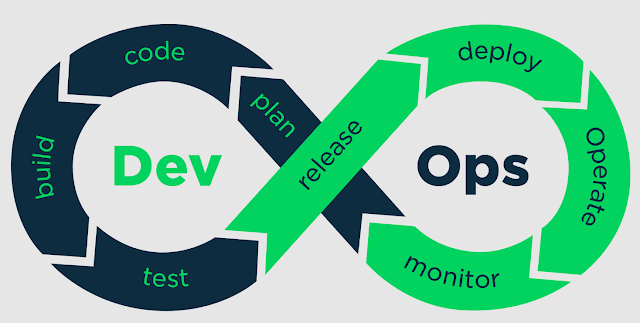This article describes how DevOps can benefit your software development process.
This process involves integrating development with operations teams to produce high-quality software faster.
It also helps you reduce time to market and improves the scalability of your software.
In addition, this method enhances collaboration between your development and operations teams.
Improves Software Quality
DevOps is a framework that extends agile practices intending to foster collaboration between development and operations teams.
This paper explores the impact of this approach on software quality and explores ways to continuously improve quality through this methodology.
The main objective is identifying the factors influencing software quality and the best ways to improve it.
Quality is a significant factor in software development. Not only must you consider the technical requirements, but you must also take human factors into consideration, including the motivations of the team members.
For example, a positive workplace culture is critical for creating and maintaining quality software.
This will empower team members to contribute to and learn from each other’s ideas, fostering collaboration and striving for quality.
DevOps fosters an environment of collaboration between development and operations, which results in better-quality software.
This culture helps teams create code explicitly designed for the environment in which it will live and operate.
In addition, Continuous Integration and Continuous Delivery ensure that the changes are safe and functional.
DevOps also emphasizes monitoring so teams can keep abreast of real-time performance.
There are companies supporting cloud services with dev-ops like devops support Boston, including management, upkeep, and monitoring to meet requirements.
Reduces Time To Market
Companies are looking to improve their time to market with DevOps practices. By reducing the number of steps and ensuring that only the latest version of the software is deployed, companies can reduce the time it takes to create, test, and deliver new features.
DevOps also helps organizations reduce the cost of product development. It allows companies to rapidly implement new features and respond to user feedback quickly while also reducing the number of deployments per project.
The benefits of DevOps are significant. According to one study, companies implementing DevOps are 46 times more likely to release software than their competitors.
They also report shorter lead times and seven times lower failure rates than low-performing organizations.
In addition, these companies spend 22% less time on unplanned and new work than their counterparts.
DevOps allows for close collaboration between the development and operations teams.
With a single, automated testing environment, companies can reduce their time-to-market and focus on customer satisfaction.
DevOps allows for continuous integration, which enables organizations to identify bottlenecks and waste and create constant improvement loops. This approach helps organizations balance quality, cost, and speed.
Improves Collaboration Between Development And Operations Teams
By fostering better collaboration between development and operations teams, software teams can solve problems quickly and efficiently.
The two groups can reduce downtime and improve mean-time-to-repair when they share a common language, metrics, and processes.
Ultimately, this allows both teams to focus on improving their products and services.
One way to improve collaboration is by providing self-service access to monitoring and other tools that developers can use without dealing with operations staff.
This shift will require work from both sides but will help align incentives and understand underlying problems.
The change will alter the dynamic between the two teams regardless of the time and effort required.
One of the best ways to promote collaboration between development and operations teams is by setting clear shared goals.
These goals should be mutually beneficial to both teams and should be aligned.
Having shared goals allows teams to move faster, reduce risk, and focus on the customer experience.
Improves Scalability
A well-thought-out scalability strategy is critical in a fast-paced development environment.
It allows teams to scale up during periods of high demand and shrink during periods of low demand.
DevOps practices can improve this scalability, including faster performance orientation, improved communication, and faster software releases.
Determine how many requests your application can handle in one minute. A web application architecture is a simple example: a web server listens to client requests, contacts a database server, and then performs a task based on the request.
If the number of requests exceeds the server’s I/O, storage, and compute resources, the application will eventually run out of resources.
DevOps practice implementation helps ensure scalability, which is crucial to the success of a project.
By automating certain routine development elements, teams can focus on the more demanding parts of the project.
In addition, DevOps helps ensure that a team’s communication is tighter, allowing new team members to quickly get up to speed on current priorities.






